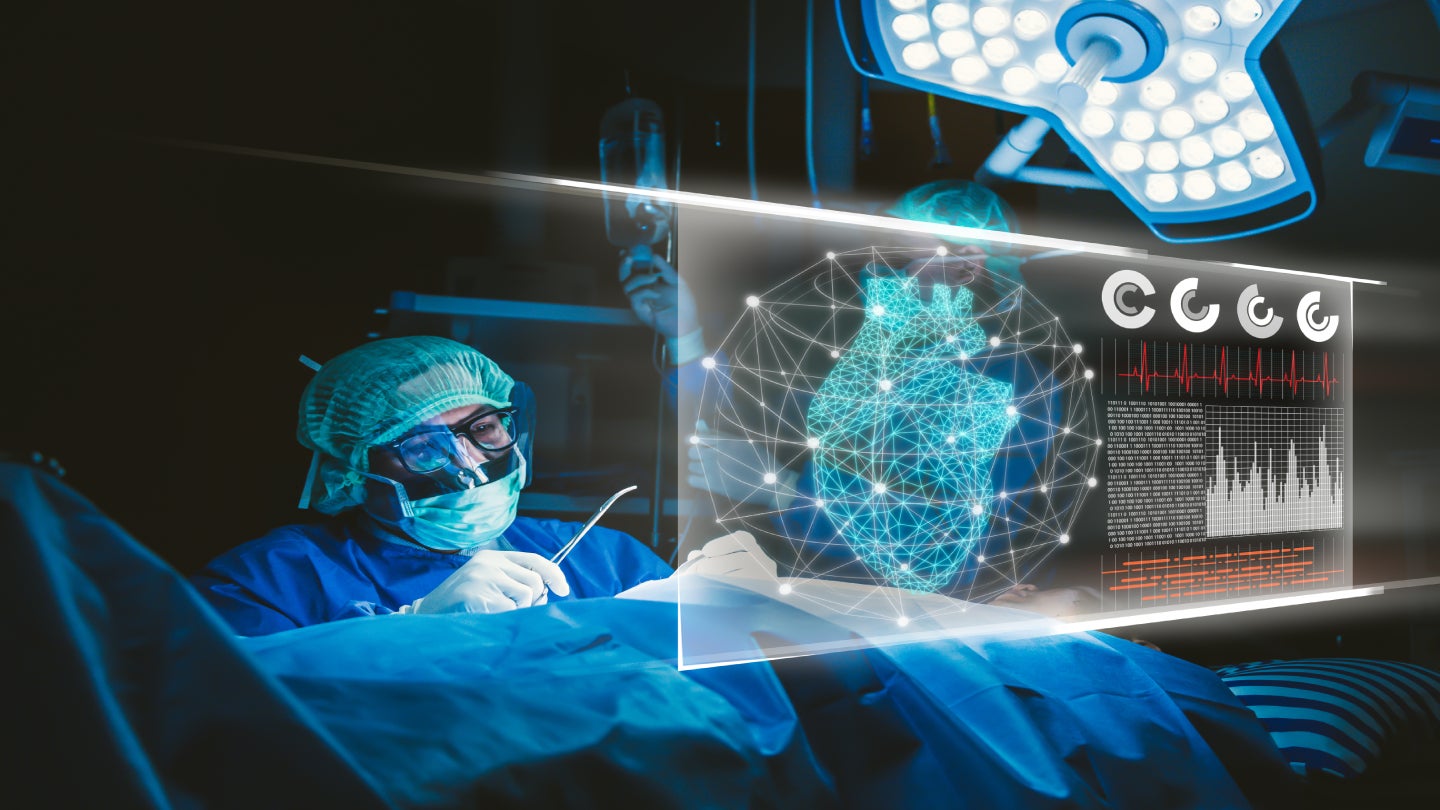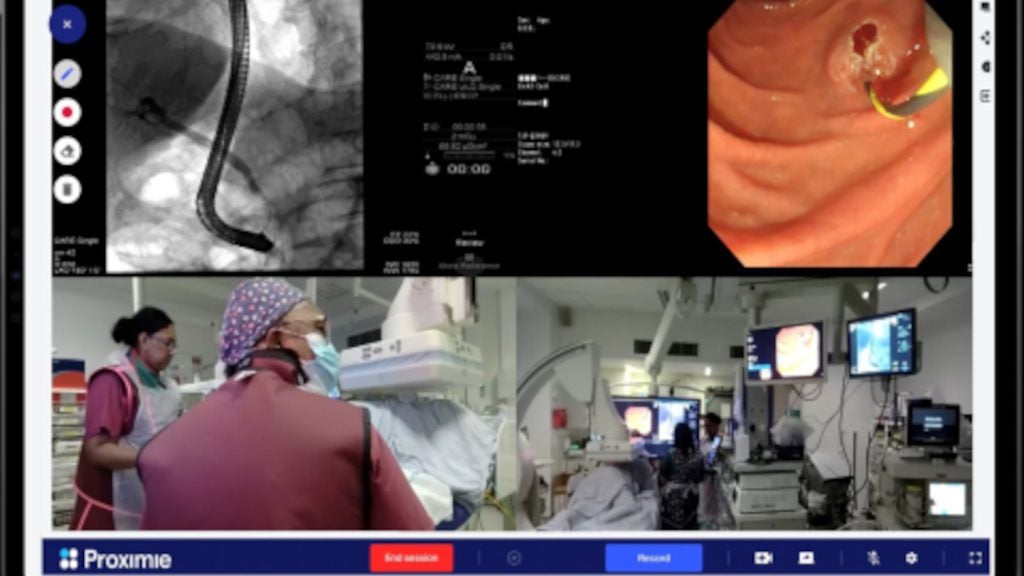
September 2023 marked the first birthday of Scotland’s National Robotarium.
Since its inception in 2022, the Edinburgh-based Robotarium has had its hands in numerous bespoke robotics projects, ranging from assisted living bots intended to aid in the day-to-day living of those with disabilities, to AI-Lap, a training device driven by artificial intelligence (AI) intended to train surgeons in keyhole surgery.
It’s clear that the National Robotarium sees its first year running as a success. Within such a short time the organisation has launched a significant number of programmes in partnership with university groups and commercial giants across the UK and internationally. To that end, Medical Device Network sat down with Lisa Farrell, head of the business development team at the National Robotarium, to discuss the year ahead and some of the successes of 2023.
JS: Could you give us some highlights on how the National Robotarium has impacted the MedTech space in 2023?
Lisa Farrell: Where to start! It’s been a busy, busy year. Definitely AILap, that’s really cool stuff. We can accelerate the training of trainee surgeons to really get their skills up and also free up space for busy senior surgeons.
That’s going to have a real impact and that’s a big part of the reason why the National Robotarium exists. It’s really to accelerate research into the real world and have an impact and AI-Lap has those two very direct uses.
The other one which is really cool, is at the National Robotarium we house and incubate start-up technologies, one of which is a company called Touchlab, which is a robotics company. They are developing a kind of robotic skin, that can go on the exterior of a robot.
How well do you really know your competitors?
Access the most comprehensive Company Profiles on the market, powered by GlobalData. Save hours of research. Gain competitive edge.

Thank you!
Your download email will arrive shortly
Not ready to buy yet? Download a free sample
We are confident about the unique quality of our Company Profiles. However, we want you to make the most beneficial decision for your business, so we offer a free sample that you can download by submitting the below form
By GlobalDataThere has been quite a lot of focus on vision, on robots being able to do things by sight, Zaki Hussein the CEO of Touchlab, would argue that so many species have developed a sense of touch, therefore robotics should have a sense of touch themselves.
So, we have been supporting those guys out in Finland, alongside the Finnish health service in Helsinki, using a commercially available robot with skin on the outside that contains sensors that can detect pressure. So that has been deployed at a hospital in Helsinki, and it has been very positively received by nursing and health staff there.
These robots can do things like brush hair, take temperatures, and check O₂ saturation, so it’s pushing robots forward into doing some of the tasks that we didn’t previously think were possible even a few years ago.
JS: Do you think that in 2024 health tech will be one of the main drivers for the National Robotarium?
LF: I would say so. I would say that it is my main focus as we have had enquiries about a wide range of healthcare use cases and it is all driven by challenges in the real world. Things like a shortage of care professionals at the same time as an ageing population.
I think we are on the precipice of a real revolution in robotics and AI in the healthcare space, so I would say if it’s not the focus for the National Robotarium going forward then it is one of the major drivers. It is very much supported by the whole leadership team.
JS: How do you think the first year has gone for the National Robotarium?
LF: I had a visitor to the National Robotarium last week whose background is in outreach in the north-east of England. He’s not in the medical field but we showed him around and he came away telling us that it was “brain-tingling”.
We get that so often, people come to us, and they get to see some of the projects, they might see demonstrations they might get to see some of the physical robots, and then I will get emails from them later on the train asking if this is possible or if we can do that. People go away bubbling with ideas.
JS: Can you tell us about some of the challenges robotics might face in the next year?
LF: It won’t be a surprise to learn that the main challenges will be around public perception of robotics. That’s natural of course. But, to give an example, we sometimes bring children around and there will always be one or two who take a step back. It is that kind of uncanny valley situation where people have different perceptions.
So we are working with psychologists, linguists and social scientists to try to understand people’s perceptions of robotics and through the Edinburgh Centre for Robotics, we are really trying to deep dive into how can people start to trust robotics in their day-to-day lives.
To be honest, we get a very positive reaction from 99% of people so it’s not always the hard work that’s the challenge, it’s the trust in robotics and autonomous systems
JS: What plans does the National Robotarium have for the next year?
LF: It is in our mission statement, we want to be globally significant and healthcare is the first area that we mention. I don’t think it will be much of a surprise that our first focus is going to be on healthcare. We will be looking at diagnosis, as well as computer vision and AI. Early diagnosis and detecting and preventing illnesses before they happen, through to advances in surgery or processes within the hospital setting.
We have been working alongside NHS Grampian, up in Aberdeen, engaging with their frontline staff, everyone from their pharmacy team through to their domestic cleaning staff. Yes, we are working specifically on a health strategy and that will be developed in the new year.







